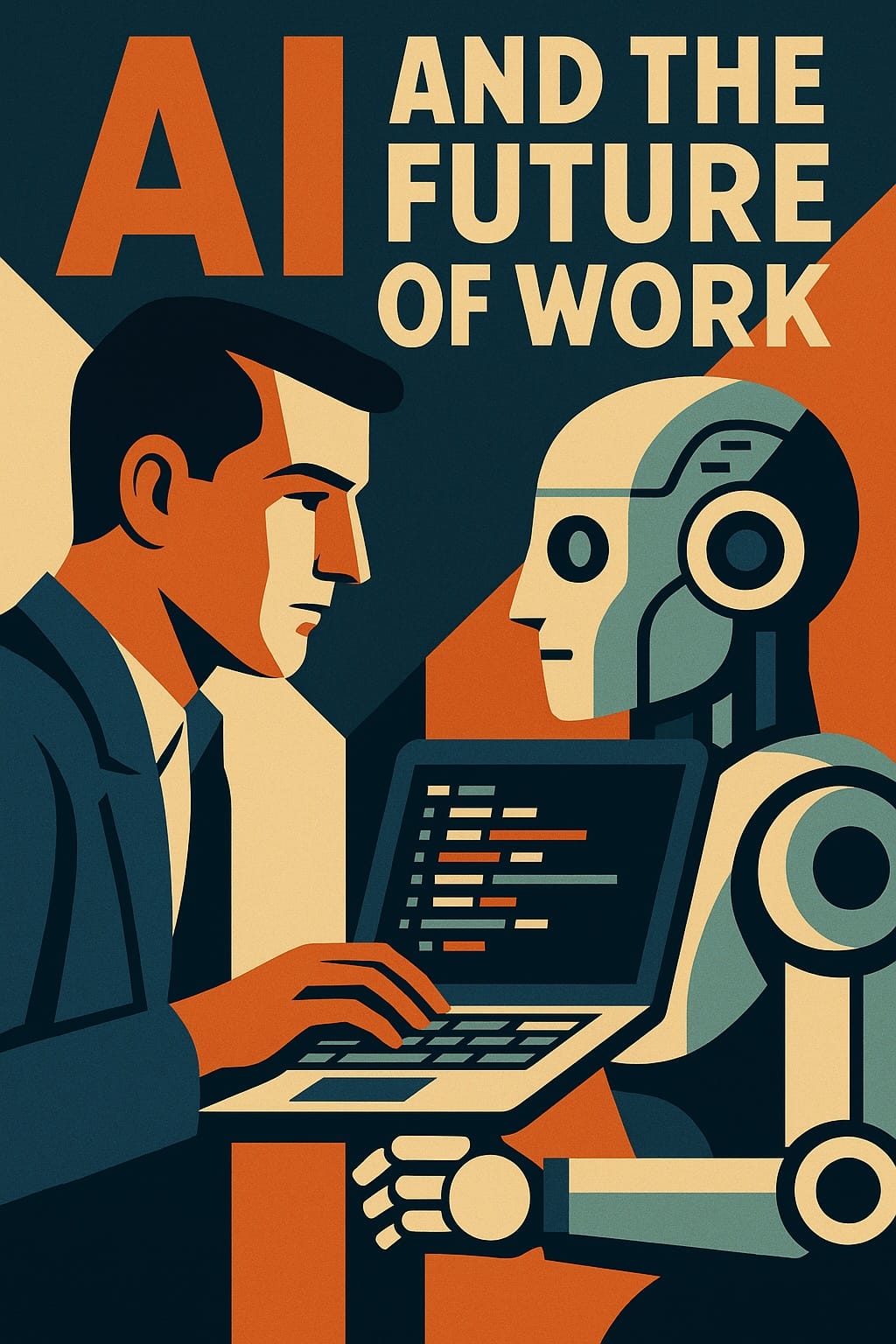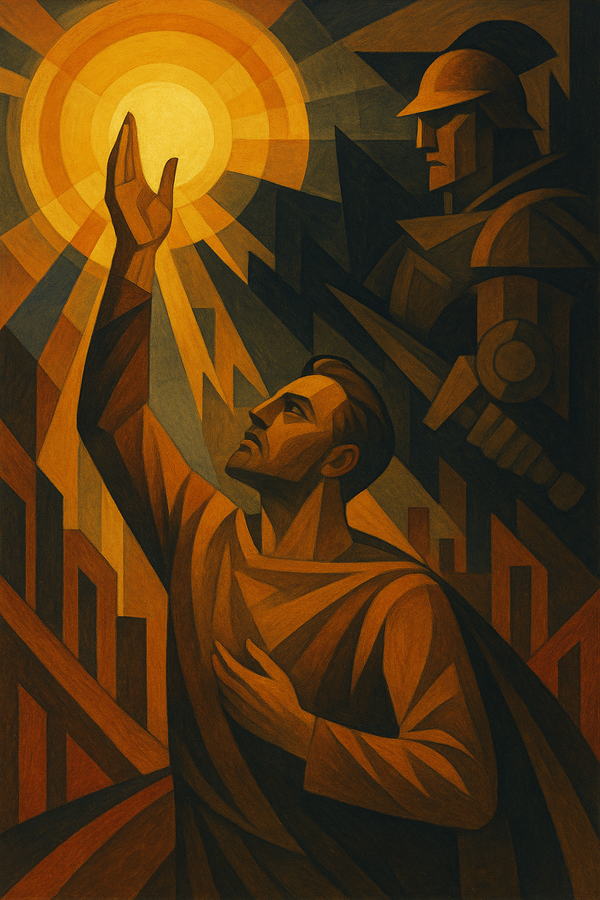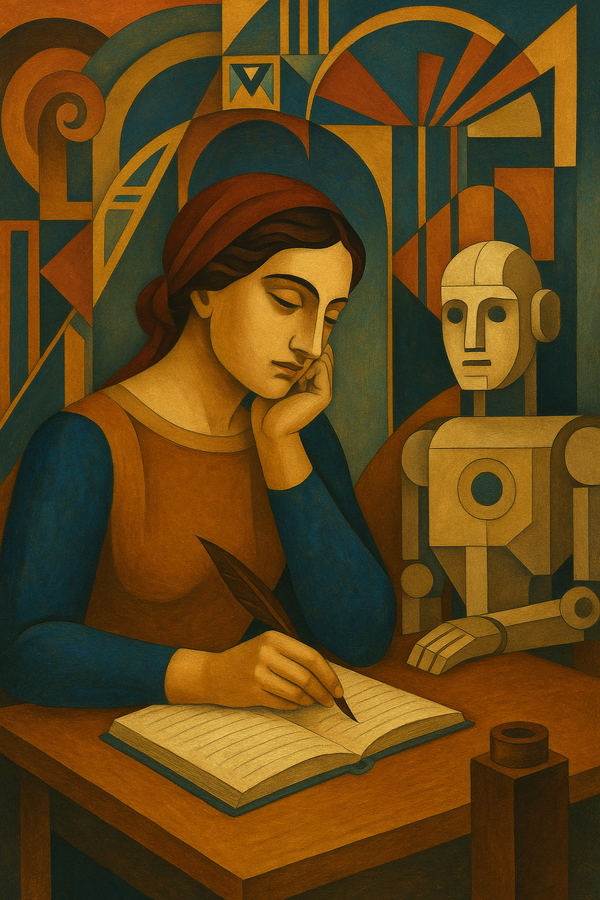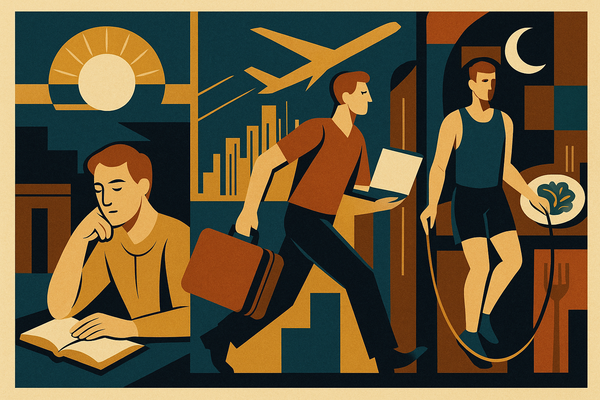Human Work Never Goes Out Of Style
People have made billions by owning the software that has eaten the world. Naturally, their goal is to build AI that eats the world, too

Writing code is a huge part of my day job. Some might call that knowledge work. Some might say that the growth of AI is going to put me out of work because AI can (or will soon be able to) write code in any language faster and more efficiently than I can. The New York Times certainly thinks so:
(this article is non-paywalled, so you can go ahead and read it)
This article makes a compelling case that I agree with. AI's ability to do white-collar work better, faster, and cheaper than a real human will squeeze the current base of knowledge workers more than any other demographic. It's not just white-collar work - anyone who does anything digital will be affected.
My insight is that AI will push people (including myself) into two groups. The first group will be the majority of white-collar workers, who will serve primarily as AI's human checkers - looking at what AI creates, signing off on its decisions, or simply doing the few remaining manual tasks the AI can't do. This work will be lower paying and increasingly automated.
The second group is a few highly skilled workers who know how to train the AI or develop its capabilities in various sectors, and these people will be highly paid for this work. The decisions these people make will be highly influential and shape the rest of society because they shape the underlying system everyone has to use. These people have made billions by owning the software that has eaten the world - and their goal will naturally be to build AI that eats the world, too.
In one sense, it's hopeless to compete with this. There's too much money to be made from AI, and the economic, political, and military ramifications of shying away from AI are too dangerous for countries to avoid investment in this technology. What does that mean for the average person? It means we need to zig when others zag.
As soon as everything becomes an AI platform - similar to how everything is already a software platform - the skills that differentiate us from the robots are the ones that speak to our core existence as humans. Coding is actually only a tiny part of my day job. Equally important is how I address the humanity of others: talking through the differences in opinion, mentoring younger coworkers, setting the example and tone for what makes a healthy, fun, and productive workplace culture.
The list goes on, but it's just variations on caring for people. I've written before about "Ambitious Compassion" - caring about others and their well-being makes ambitious compassion a reality. At the end of the day, machines exist to help us be happy - if that's not happening, then our business model is flawed. A future where taking care of others becomes a more significant part of our job descriptions would be welcome news.
To quote the inimitable Michael Scott: people will never go out of business.





